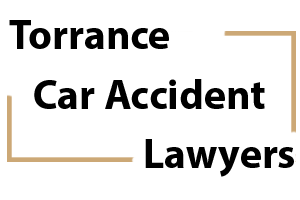When it comes to premises liability cases, the type of property involved can significantly impact the legal proceedings. Residential and commercial premises liability cases have their unique characteristics and legal considerations. In this article, we will explore the key differences between these two types of cases and shed light on what you need to know if you find yourself in such a situation. One of our friends at David & Philpot, PL, a premises liability lawyer with a wealth of experience, can attest to the nuances in these cases.
Residential Premises Liability Cases
Residential premises liability cases typically involve accidents or injuries that occur on residential properties, such as private homes, apartment buildings, or condominiums. Here are some important distinctions:
1. Property Ownership:
In residential cases, the property is usually privately owned or rented by individuals or families. The property owner may be liable for any injuries that occur due to negligence or unsafe conditions on the premises.
2. Duty of Care:
Property owners in residential cases have a duty to maintain their property in a reasonably safe condition. This includes addressing hazards like slippery walkways, broken stairs, or malfunctioning appliances.
3. Types of Injuries:
Injuries in residential premises liability cases can range from slip and falls on icy sidewalks to dog bites or swimming pool accidents. These cases often involve personal injury claims against homeowners’ insurance policies.
Commercial Premises Liability Cases
Commercial premises liability cases, on the other hand, revolve around accidents or injuries that occur on commercial properties, such as retail stores, restaurants, office buildings, or industrial facilities. Here are the key differences:
1. Business Ownership:
Commercial properties are usually owned or leased by businesses or corporations. When an injury occurs on their premises, the business entity is typically held responsible, and their commercial liability insurance may come into play.
2. Duty of Care:
Businesses have a heightened duty of care towards visitors and customers. They must ensure that their premises are safe and free from hazards that could harm patrons, such as wet floors, defective products, or inadequate security.
3. Types of Injuries:
In commercial premises liability cases, injuries often result from accidents like slip and falls, product defects, or food poisoning at restaurants. In some instances, inadequate security measures can lead to assaults or robberies, giving rise to negligent security claims.
Legal Considerations
While the fundamental principles of premises liability apply to both residential and commercial cases, the key differences lie in the parties involved, the duty of care owed, and the types of injuries that may occur. It’s essential to consult with lawyers who understand these distinctions.
In summary, residential and commercial premises liability cases differ in terms of property ownership, duty of care, and the types of injuries involved. Whether you’re a property owner or an injured party, navigating the legal complexities of these cases can be challenging. Attorneys are well-equipped to guide you through the process and ensure your rights are protected. If you find yourself facing a premises liability case, seek professional legal counsel to understand the specific nuances and build a strong case tailored to your situation.
